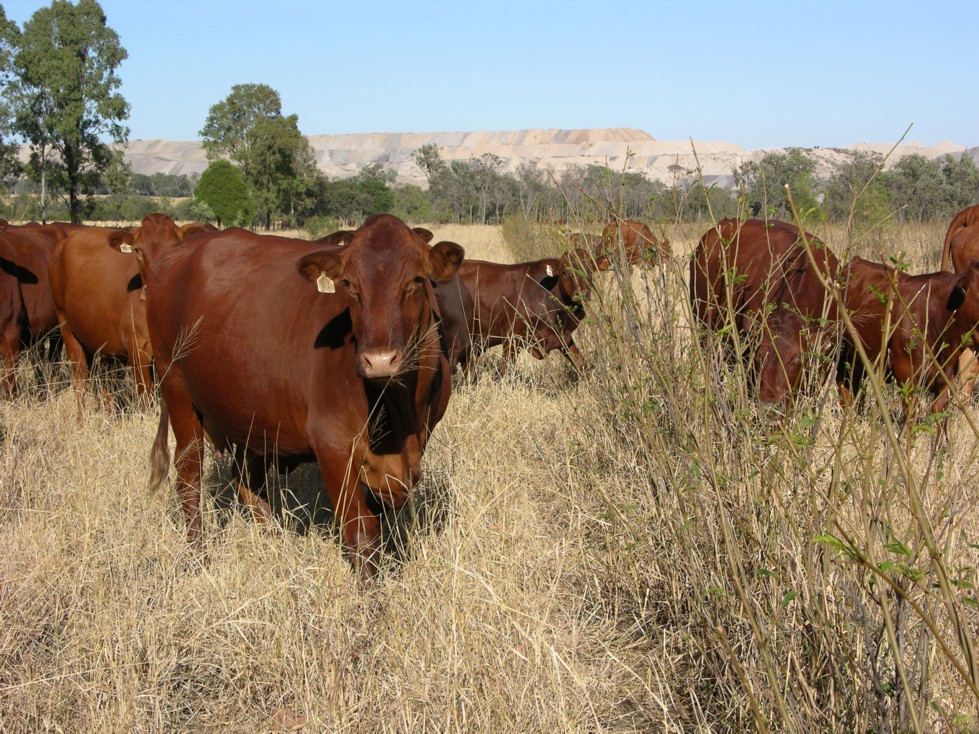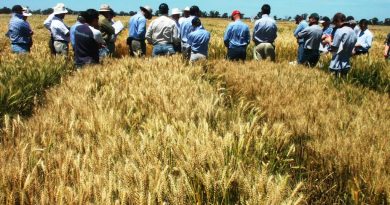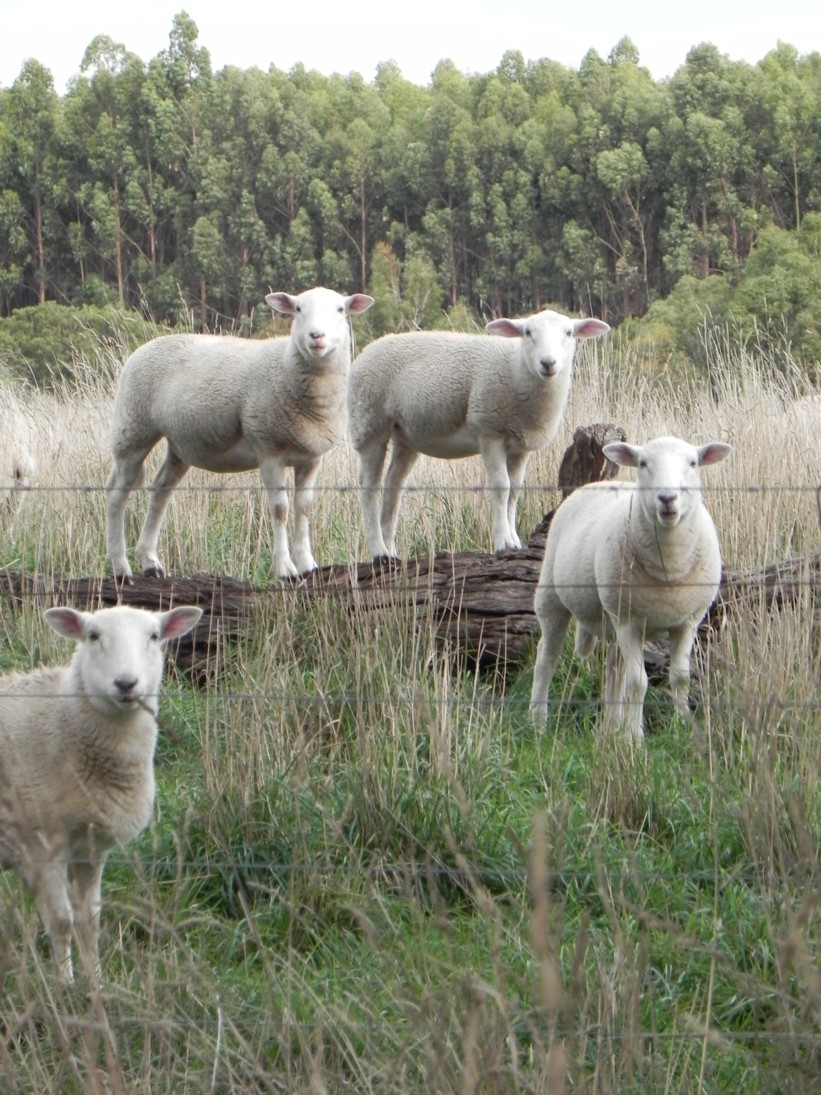Served with a side of science — building community trust in food production
By Dr Heather J. Bray (School of Biological Sciences, University of Western Australia) and Professor Rachel A. Ankeny (School of Humanities, University of Adelaide).
Growing community interest in food production and its impact on the environment has placed food producers and their practices under increasing public scrutiny. Media and political attention to the welfare of farm animals, the use of biotechnology, and the use of pesticides in food production, suggests that the community is increasingly concerned about these issues, and seeks to put pressure on food producers to change their practices.
In addition, calls for increasing regulation in these domains have been interpreted as a loss of trust in agricultural industries, and that the community no longer believes that producers should be able to make their own decisions about how to use resources to produce food.
In this paper, evidence from recent research is presented that suggests producers generally are supported by the broader Australian community, but there are some practices about which the community is concerned. We make the case that the key to building ongoing community trust in agricultural industries relies on understanding the nature of trust, including the idea that producers have been entrusted with the care of resources that are shared, and that actively managing those resources responsibly and responsively is a key aspect of building trust.
Science is at the core
Scientific research has significantly changed how food is produced over the past 50 years. Many of these changes were aimed at improving the productivity, efficiency and profitability of food production. More recently, innovation has also focused on increasing the sustainability of food production in the face of climate variability and increasing global population.
However, many agricultural issues that are discussed in the popular media and about which the community are concerned have science at their core, e.g. the use of biotechnology to improve crops, how to measure the welfare of production animals in a range of housing environments, and the responsible use of pesticides and veterinary medicines.
For some of these issues, there may be conflicting evidence presented by different groups who all claim to use science, and so it can be difficult for the general public to know who to believe. Despite science-based efforts to make operations more efficient and sustainable, sections of the Australian public feel that agriculture is no longer based on the same shared values that grounded more ‘traditional’ and small-scale family farming, and that economic drivers have led to a food system aimed at mass production and profit making that has changed too quickly for risks to be fully assessed (Kriflik and Yeatman 2005).
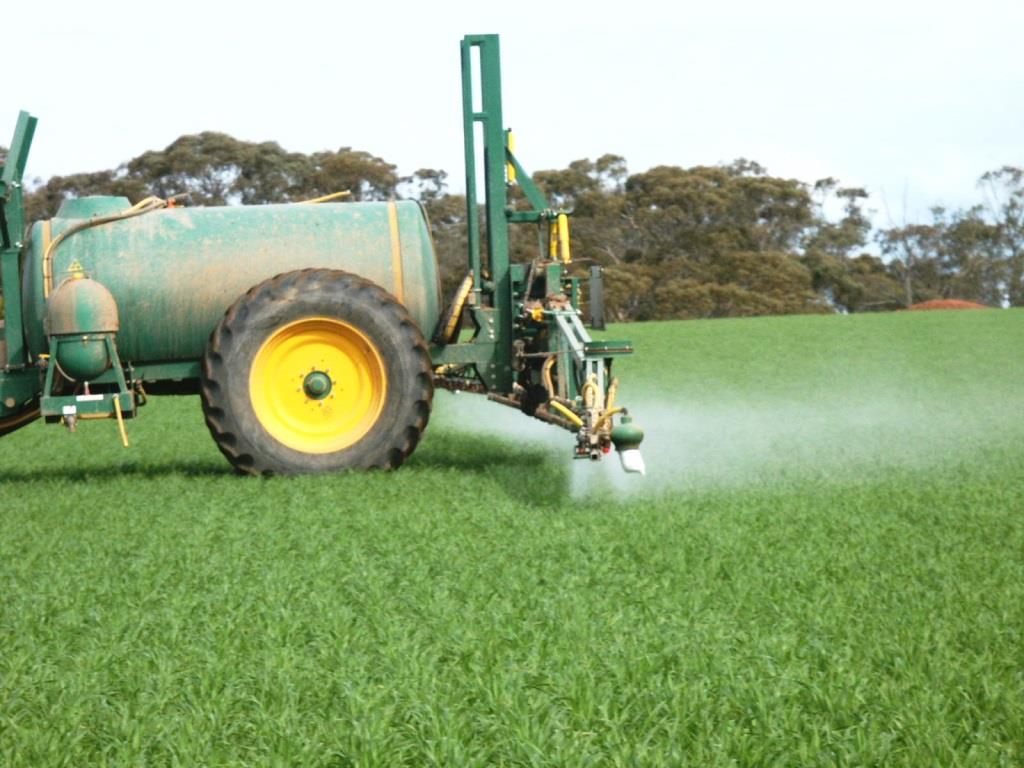
In some ways, agricultural science has become the ‘victim of its own success’ — as production practices have become increasingly complex and reliant on technology, they have become ‘black-boxed’, or hidden. Inputs and outputs enter and leave the production system, but processes within the system have become ‘hidden’ from everyday people’s view, and only understood by those with specialist expertise.
This is not unique to agriculture and the same could be said for most industries, for example, manufacturing and health care are also increasingly reliant on technology. However, food production is different from these activities because the broader community can, to some extent, produce some of their own food if they wish.
Most people do not make their own cars or perform their own blood tests, but even people in quite urbanised areas can grow vegetables or keep some chickens for eggs, with little knowledge of ‘agriculture’ and these practices are at odds with the technical inputs required to grow food on a commercial scale.
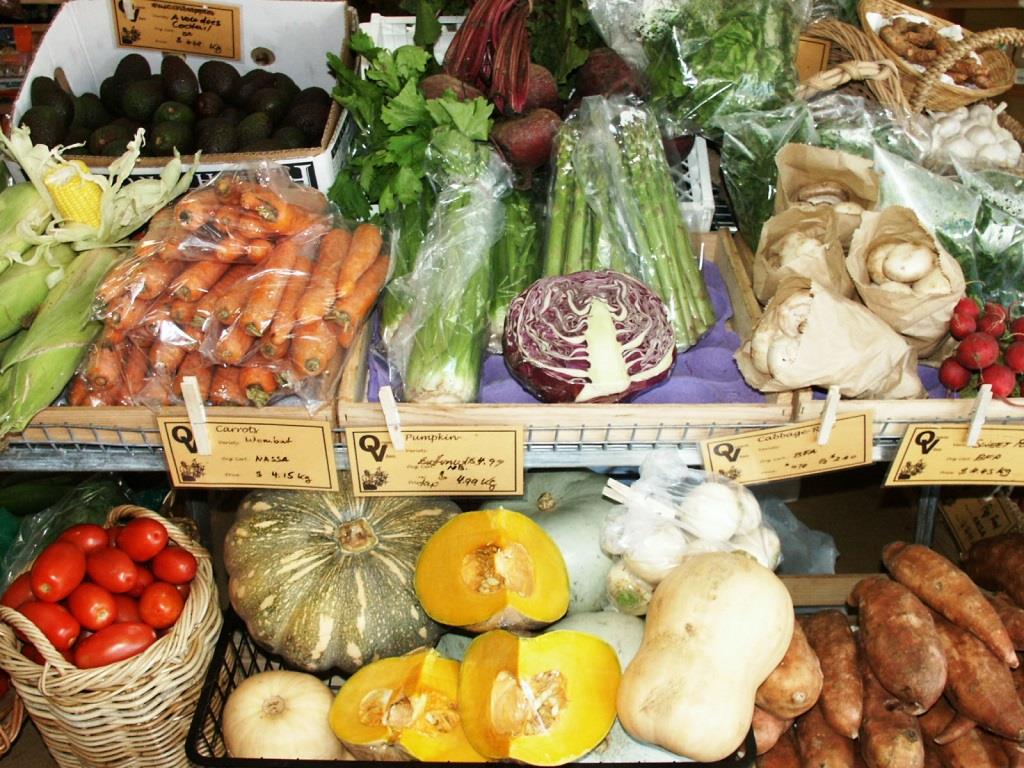
This is exacerbated further by the so-called demise of the ‘country cousin’, and idyllic representations of food production in the popular media (Phillipov 2016) which connect ideas about food production to nostalgic memories of how food production used to be.
This mismatch between ideas of how food was and can be produced, and how it is currently produced on a commercial scale, is often blamed for decreasing community trust. At this point it is important to examine the evidence about community trust in agriculture, and then we can return to the role that perceptions and knowledge play in community trust.
Australians trust is fragile
In addition to the anecdotal evidence provided by the outpourings of support for farmers during drought and other times of hardship, social research has demonstrated that Australians think that farmers are good contributors to Australian society, are well-educated about agriculture, use technology to improve their business, are good stewards of the land, and are generally good business operators (Worsley et al. 2015).
Australian adults also believe that farmers look after their livestock well (Cockfield and Botterill 2012; Worlsey et al. 2015) and are producing clean, safe food (Cockfield and Botterill 2012). Further, farmers are the most trusted people in the food system, ahead of retailers, the media, and politicians (Meyer et al. 2012).
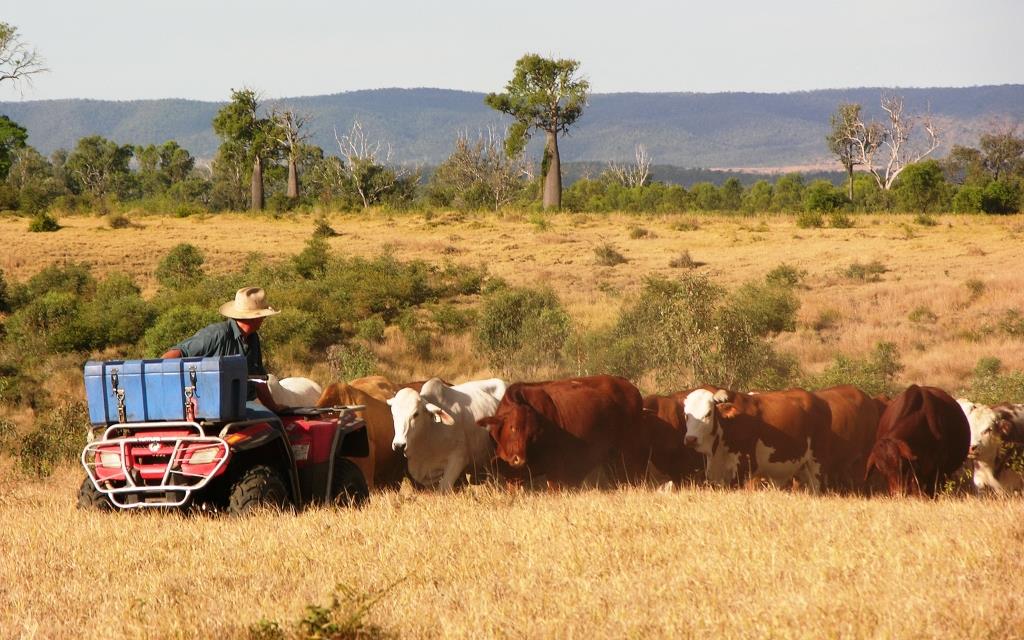
Despite misgivings from some consumers, farmers are generally considered by the public as trustworthy stewards of livestock welfare and the environment. Photo: Patrick Francis.
In the ‘Australian beliefs and attitudes towards science’ surveys conducted by the Australian National University in 2017 and 2018, farmers were in the top three professions listed as ‘contributing a lot’ to society, along with doctors and scientists (Lamberts 2018).
However, there is also evidence that there are problems. In addition to claims about production practices increasingly seen on food labels, social research has also shown that the community is concerned about some agricultural practices.
Although there is little scholarly research that directly examines perceptions of the grains industry, one study based in Brisbane revealed that participants felt that cropping land was not in good condition, along with waterways, native vegetation, and grazing land (Witt et al. 2009). In this study, 45% of participants agreed that current rural land management is unsustainable, but encouragingly there was very strong agreement with the idea that farming and conservation are compatible.
The use of biotechnology to improve crops has had mixed levels of support in Australia (see Bray and Ankeny 2017 for a review of some of this research) with the most recent polls revealing that 46.6% of participants thought that genetically-modified (GM) food was generally safe to eat, while 33.1% thought that it was generally unsafe (Lamberts 2018). In 2017, the same poll revealed that 62.3% of participants felt that foods grown with pesticides were generally unsafe (Lamberts 2017), and ‘chemical-free’ remains the most frequently cited benefit organic food by organic consumers (Lawson et al. 2018).
Trust cannot be gained through education alone
Differences of opinion about production practices between producers and the broader community are often attributed to a ‘gap’ in community knowledge. Australians generally have low levels of knowledge about agriculture — both school children (Hillman and Buckley 2011) and adults (Worsley et al. 2015) have been shown to have poor agricultural literacy.
However, looking solely at knowledge is problematic for a number of reasons. Firstly, knowing a lot about a topic does not mean that you will feel positively about that topic, and knowing how a technology works does not guarantee that you will want it to be used in food production.
Research in science communication has shown that blaming community ignorance for a lack of acceptance of a technology, known as the ‘deficit model’ (Sturgis and Allum 2004), and then trying to address this by increasing knowledge are ineffective at best, and may even have increased negative attitudes towards some technologies (Hart and Nisbet 2012).
To use Genetic Modification (GM) as an example, there are studies that have shown that different types of knowledge are associated with attitudes and perceptions of risk (reviewed by Bray and Ankeny 2017), but other studies have shown that even those with very high levels of scientific knowledge, for example scientists, can have different opinions about GM crops.
Interestingly, most studies that examine knowledge focus on science — there are few, if any, that examine knowledge about agricultural production systems. Secondly, what kind of knowledge is important when making decisions about what is ‘right’ and ‘wrong’ within food and fibre production systems? Should everyone in the community have the same kind of detailed technical knowledge as producers? Of course, this is impossible, as our society relies on people having different areas of specialist expertise aligned with their roles and there are other roles apart from food production that are important for society to function.
This is why trust is important and leads on to a third reason why focusing on knowledge is problematic — trust is not based on knowledge. We trust people to fulfil their roles in part because we do not have the time or ability to acquire the detailed knowledge and expertise that they possess.
Trust is the “optimistic acceptance of a vulnerable situation which is based on positive expectations of the intentions of the trusted individual or institution” (Meyer and Ward 2009). In other words, we know that we are putting something we care about into the care of others when we trust them, and we hope that they will not do anything to harm it.
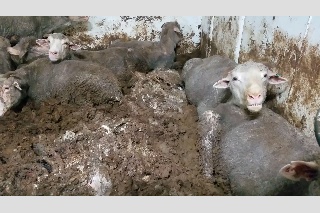
“There need to be shared values between those who are trusting and those who are trusted, not just in terms of caring about the same things, but also sharing values about how things are done.” Photo: Animals Australia.
When it comes to food production, the community has entrusted food producers to produce safe and healthy food, and to do so by managing shared resources such as land and water in a responsible way, and in a way that also considers the welfare of other things that they care about, such as animals, and the environment.
Being trustworthy is the key
Part of the risk when we trust someone is that something may well go wrong, however we trust them to make the right decisions for the right reasons. As such, there need to be shared values between those who are trusting and those who are trusted, not just in terms of caring about the same things, but also sharing values about how things are done.
For most people, that means that the people that we trust adhere to rules and standards and act with integrity. How people have acted in the past also becomes part of our judgement about whether to trust them.
Another key component of trust relates to competence or expertise — ‘to say we trust you means we believe you have the right intentions towards us and that you are competent to do what we trust you to do’ (Hardin 2002). We have already presented evidence that, for the most part, Australians believe that food producers are worthy of trust.
However, and as stated previously, there is also evidence that the broader community perceives that some within the food production sector no longer share their values, do not have their best interests at heart, and place emphasis on profits over environmental sustainability, and the welfare of animals and the producers themselves.
Recent media exposés and community action over some industry practices make this clear, but we do not know whether the actions of one industry sector affect attitudes to food production as a whole. It is important to note, however, that decreasing trust is also part of a much bigger trend in society — we have become far less trusting overall.
The Edelman Trust Barometer for 2018 (Edelman 2018) shows that Australians, along with those in many other countries, are generally distrustful of non-governmental organisations (NGOs), businesses, government, and media. This has led to increasing interest from a range of industries in finding ways to (re)build trust with the community.
Some recent work in agriculture from CSIRO researchers with experience in the mining sector has looked specifically at the egg industry (Moffat et al. 2018) and provides insights into community trust. In this study, the researchers found that trust was associated with perceptions that the industry was responsive to community sentiment, and that the industry was well regulated. Trust was also found to be the key factor for industry acceptance.
Conclusion
In summary, recent social research highlights that the community does have high levels of trust (broadly) in food producers, but there are specific industry sectors and practices that they are concerned about. The trust that producers enjoy is not motivated by high levels of technical knowledge about agricultural science, and as such, distrust cannot be managed by educating the community about agricultural science alone.
Communicating about values that are shared between food producers and the community, and being responsive to community concerns, are important ways for industries to build community trust.
This paper was presented at the GRDC Wagga Wagga Update February 2019, for references visit: https://grdc.com.au/resources-and-publications/grdc-update-papers/tab-content/grdc-update-papers/2019/02/served-with-a-side-of-science-building-community-trust-in-food-production
Find out more:
Heather J. Bray
School of Biological Sciences, M092, University of Western Australia
heather.bray@uwa.edu.au
@heatherbray6


